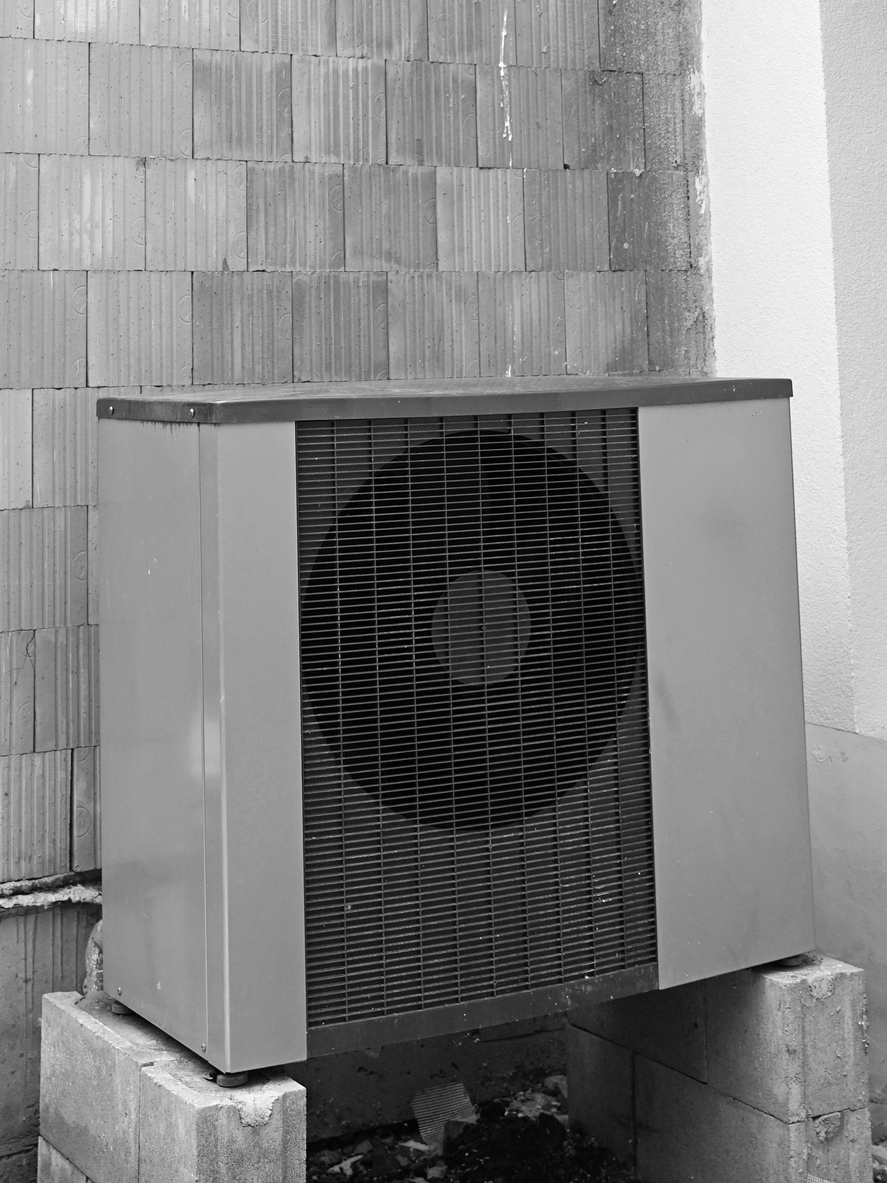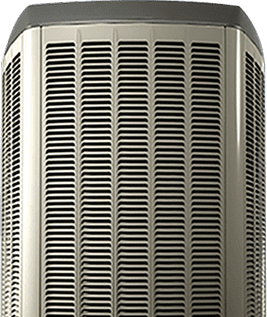Are Heat Pumps Energy Efficient

Are Heat Pumps Energy Efficient
Heat pumps are an excellent choice for an energy-efficient heating and cooling solution. Heat pumps have become a popular solution for homeowners due to their remarkable energy efficiency, providing a more environmentally friendly and affordable cost-effective alternative to conventional air conditioning and heating systems. As opposed to relying on fuel combustion, these innovative devices work by moving heat from one location to another. Heat pumps are able to offer cooling as well as heating while using significantly less energy than traditional systems by leveraging this heat transfer process.
In this post, we will look at the primary variables that contribute to heat pump energy efficiency, emphasizing their benefits for lowering energy consumption, utility costs, and the impact on the environment. So, if you want to learn more about how heat pumps are energy efficient, keep reading!
What does a heat pump require to run?
In terms of power, a heat pump requires electricity to function. It employs energy from electricity to run the parts involved in the heat transfer procedure. The compressor, fans, and controls are among these parts.
The compressor, which moves the coolant throughout the system, is powered by electrical energy. The refrigerant soaks up heat from the outdoors and transports it to the indoor unit. The refrigerant inside releases heat, providing warmth when it is set to the heating mode. In contrast, the refrigerant absorbs heat from the interior atmosphere and discharges it outside to cool the space when in cooling mode.
The fans located within the outdoor and indoor units, in addition to the compressor, require electricity to operate. The outdoor fan exchanges heat with the outside surroundings, while the indoor fan circulates conditioned air throughout the home. Overall, electricity is required for the operation of a heat pump because it powers the parts that allow heat transfer and provide thermal comfort to your home throughout the entire year. Just keep in mind that, like any HVAC system, homeowners will need to schedule a maintenance appointment with a professional HVAC company at least once a year. This will help make sure that all of the mechanical components, electrical wiring, and refrigerant levels are operating as they should. In turn, you’re going to be able to control the temperature of your home the way you like it in addition to saving money on your monthly costs.
Are heat pumps more “green?”
Heat pumps are definitely a greener choice when heating and cooling your home. Here’s why:
· Their functionality: Heat pumps are extremely energy efficient given that they move heat from one location to another rather than creating it through combustion. When compared to traditional systems, they require less energy to provide the same quality of heating or cooling.
· Renewable energy: Renewable sources of energy like solar power or geothermal energy can be used to power your heat pump.
· Less fossil fuel consumption: Heat pumps are primarily powered by electricity. As the electricity becomes cleaner and more renewable, running heat pumps becomes even more environmentally friendly.
· Lower emissions: Heat pumps produce very few direct emissions because they do not burn fuel. This means a decrease in pollutants and greenhouse gases, which is good for the local environment and air quality.
Of course, to ensure a truly green approach, factors such as proper installation, usage, and maintenance need to be considered. Heat pumps can decrease greenhouse gas emissions and create a greener future!
How efficient is the heat pump for winter?
Heat pumps can be effective for winter heating, but their efficiency varies according to the particular circumstances and type of heat pump used. Here are some critical considerations for the efficiency of heat pumps for winter heating:
· COP: The Coefficient of Performance (COP) of a heat pump represents the heating output divided by the electrical input. Although COP decreases in colder climates, cutting-edge heat pumps continue to operate efficiently.
· Cold-Climate Heat Pumps: Cold-climate heat pumps function efficiently in temperatures below freezing thanks to sophisticated features such as enhanced defrost cycles and variable-speed compressors.
· Supplemental Heating: When the heat pump’s efficiency drops, supplemental heating, such as a backup system, may be required to meet heating demands.
What is the power efficiency of heat pumps?
Heat pump power efficiency varies depending on a number of characteristics, such as the model of the heat pump, its design, and how it is used. Heating Seasonal Performance Factor (HSPF) and Seasonal Energy Efficiency Ratio (SEER) are the two main metrics used to rate heat pumps’ energy efficiency.
1. HSPF: The heating efficiency of heat pumps over the course of the winter season is measured by HSPF. A heat pump with a higher HSPF rating is more efficient. HSPF ratings of 7 to 13 or higher are typical for energy-efficient heat pumps.
2. SEER: The cooling efficiency of a heat pump is measured by SEER. It denotes the cooling output to electrical power input ratio during a typical summer season. A higher SEER rating, like HSPF, indicates a more effective heat pump for cooling. Heat pumps typically have SEER ratings of 14 to 22 or higher.
It is worth noting that external variables such as climate, temperature extremes, and system upkeep can all have an impact on power efficiency.
When evaluating a heat pump’s energy efficiency, seek out models with higher HSPF and SEER ratings. In addition, consulting with HVAC professionals and taking into account your home’s specific heating and cooling needs can assist you in selecting the most energy-efficient heat pump.
Do you want to optimize your home’s energy efficiency by installing a heat pump? If so, look no further than the professional and experienced team at M&K Heating and Air Conditioning! With years of experience and a large selection of high-quality heat pumps, homeowners throughout the London, Ontario, community and neighbouring areas can enhance their interior comfort while saving money!
Call and schedule an initial consultation appointment with our expert home comfort advisors today to receive a complimentary new system purchase quote!
